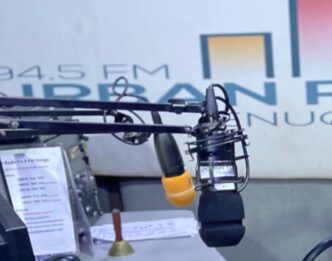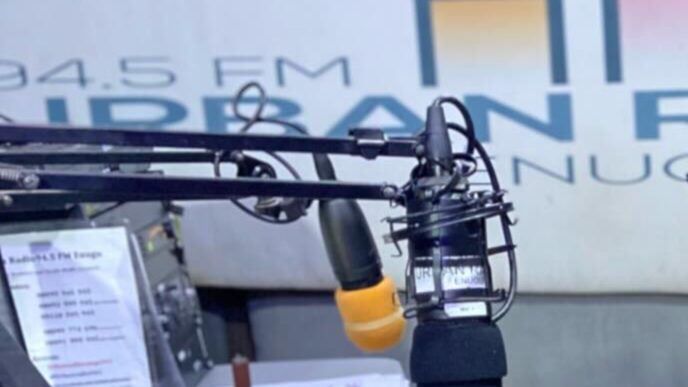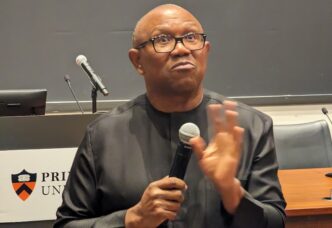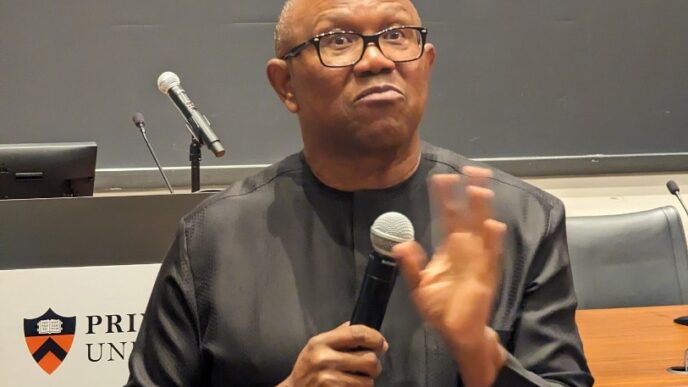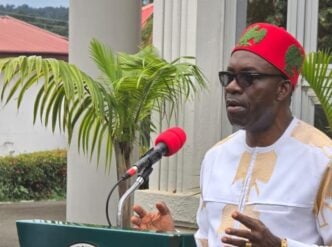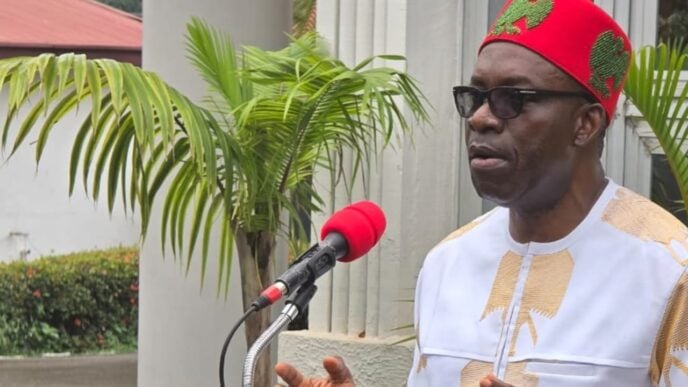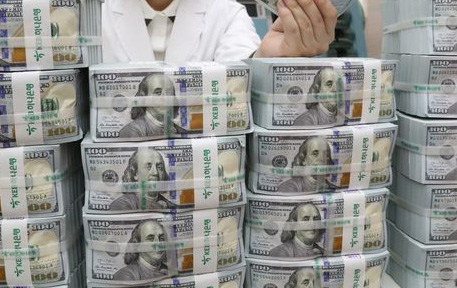Oxfam Nigeria, a non-profit organisation, says 99 percent of the country’s wealthiest citizens evade or avoid paying taxes, while millions of Nigerians struggle to afford their next meal.
In its reports on Tuesday, Oxfam said the country is facing a severe economic crisis, with a staggering wealth gap between the rich and the poor.
Oxfam spotlighted the deepening inequality crisis in Nigeria in the reports titled ‘Income and Wealth Inequality in Nigeria: Trends and Drivers,’ and ‘Taxing the Rich Fair Tax Monitor’.
The reports, covering 10 years, were conducted by Oxfam in Nigeria, the Tax Justice Network Africa, and the Civil Society Legislative Advocacy Centre (CISLAC).
Advertisement
According to the report on tax, despite being the fourth-largest economy in Africa, the benefits of economic growth “have largely been concentrated in the hands of a small elite, leaving millions of Nigerians trapped in poverty”.
“Only 40 of the wealthiest Nigerians were found to be compliant taxpayers, according to the Federal Inland Revenue Service (FIRS) and John Bean Technologies Corporation (JBT),” Oxfam said.
“This represents a compliance rate of just 0.035%, meaning that over 99% of Nigeria’s wealthiest citizens evade or avoid paying taxes.
Advertisement
“Nigeria ranks among the countries with the highest levels of income inequality in sub-Saharan Africa, with a small fraction of the population controlling the majority of the nation’s wealth.
“The country’s wealth Gini coefficient, a measure of income inequality, stands at 35.1, placing it 11th out of 16 West African countries and highlighting Nigeria’s severe economic divide.
“The economic situation in Nigeria is critical, with millions struggling to make ends meet as prices rise faster than wages, leaving many hungry and desperate.
“Over 133 million people—about 7 in 10—are facing hunger, with women and girls disproportionately affected, making up nearly 63% of the hungry population. In rural areas, less than 40% of households have access to electricity, severely limiting educational opportunities and access to healthcare.”
Advertisement
‘WOMEN, GIRLS BEAR MORE BURDEN OF POVERTY’
The organisation, in its inequality report, said women and girls bear a heavier burden of poverty, with a 35 percent literacy rate compared to 59.5 percent for men, and they have limited access to education and land ownership.
According to the report, implementing a progressive wealth tax could generate over $7.5 billion annually.
The revenue, Oxfam said, would be sufficient to double the government’s current health budget or reduce household out-of-pocket health expenditures by 40 percent, significantly easing the financial burden on millions of Nigerians.
Advertisement
“To make matters worse, the country is on the verge of bankruptcy, with the poorest states, like Sokoto, suffering an 87% poverty rate, in stark contrast to just 4.5% in Lagos,” Oxfam said.
“The growing debt burden means that most of the national budget is spent on paying off loans instead of funding essential public services.”
Advertisement
Speaking on the reports, John Makina, country director, Oxfam, said the situation in Nigeria is alarming.
Makina said while millions struggle to afford their next meal, the super-rich continue to amass riches without paying their fair share of taxes.
Advertisement
“Complexities in tax laws, coupled with a lack of transparency, enable this situation, depriving the country of crucial revenue needed to invest in social protection and initiatives aimed at reducing inequality,” he said.
“This is a scenario we can no longer accept if we are genuinely committed to building a more equitable society.”
Advertisement
‘IMPLEMENT PROGRESSIVE TAXATION TO ADDRESS GROWING ECONOMIC DIVIDE’
Oxfam also called on the government to adopt measures to address the growing economic and social divide.
“These measures include increasing social spending, implementing progressive taxation, and investing in human capital development,” it added.
“The organisation also recommends supporting smallholder farmers, reforming agriculture, and collaborating with civil society to promote gender equality and hold the government accountable.”
Oxfam, therefore, recommended that government should increase social spending, by raising social sector spending to at least 10 percent of the budget in health, education, and agriculture.
“Implement progressive taxation. Establish a wealth tax targeting high-net-worth individuals. A 1% tax on net worth over $1 million could raise $7.5 billion annually, which could fund critical social programmes,” the organisation said.
“Invest in human capital development. Improve education, job creation, and healthcare, focusing on rural and underserved populations. Providing living wages, reducing corruption, and enhancing educational opportunities, particularly for women and girls.
“Support smallholder farmers and reform agriculture. Strengthen policies that improve access to credit, land, and rural infrastructure for smallholder farmers.”
Oxfam also called for land policies, ensuring land redistribution programmes, and collaboration with civil society.
Add a comment


